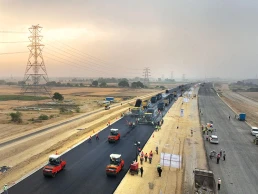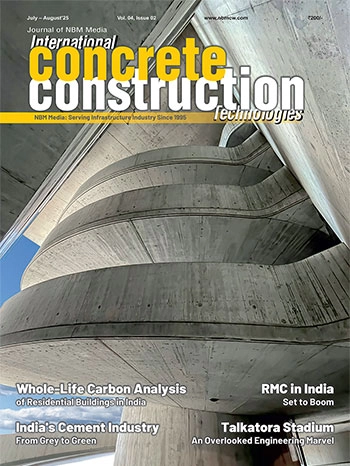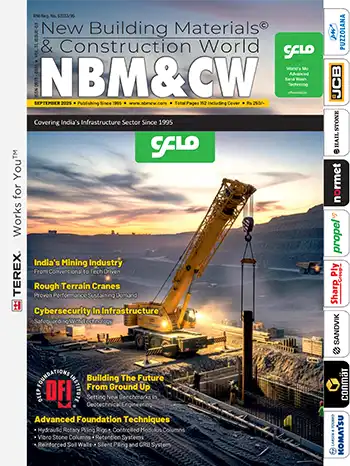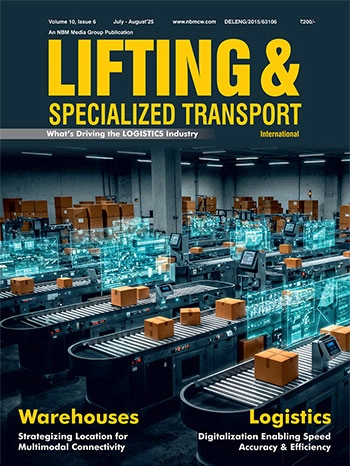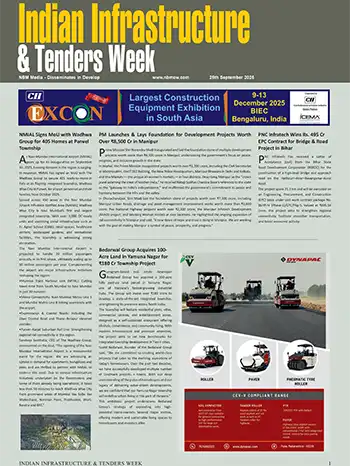NHAI Tightens RFP Norms to Ensure Quality and Transparency in National Highway Projects
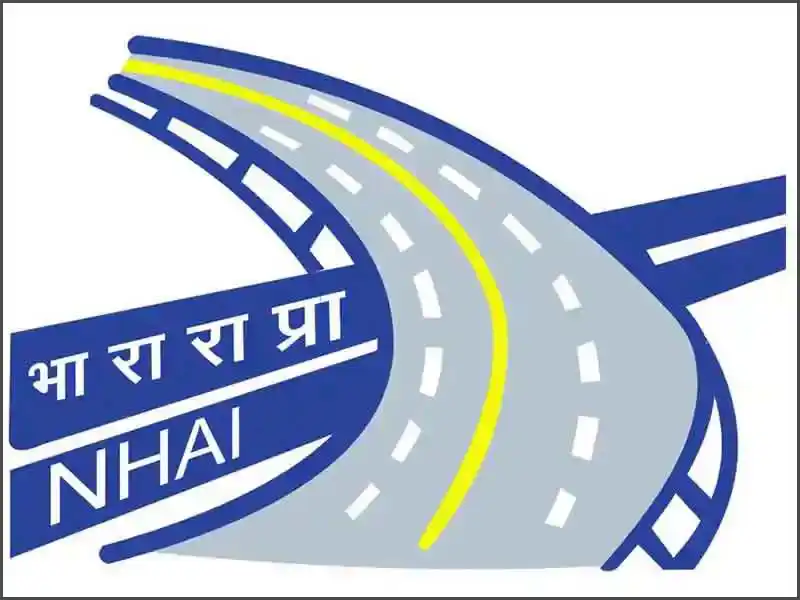
To improve project execution, reduce delays, and lower the overall lifecycle cost of National Highway projects, the National Highways Authority of India (NHAI) has issued clarifications to key provisions of the Request for Proposal (RFP). The move aims to strengthen contractor qualification norms, enforce compliance during execution, and enhance transparency in financial submissions.
The revised conditions ensure that only technically capable and experienced contractors qualify for highway development projects. A key clarification relates to the definition of “Similar Work” in bid qualification. In the past, contractors often misrepresented peripheral or minor works as relevant experience to gain eligibility for large-scale highway projects. NHAI has now mandated that “Similar Work” will exclusively refer to completed highway projects that include all major components comparable to those required in the bid project.
In addition to refining the qualification criteria, the clarifications to RFP also seek to address the unauthorized engagement of EPC contractors in HAM & BOT (Toll) projects and subcontractors in EPC projects. Instances have been observed where concessionaires or selected bidders have engaged contractors without the required prior approval of the Authority or exceeded the permissible subcontracting limits.
Such practices not only violate contractual norms but also pose risks to quality assurance, project timelines, and regulatory oversight. Any unauthorized sub-contracting and subcontracting beyond permissible limits will be classified as "Undesirable Practice," thereby attracting penalties on par with fraudulent practices. This move will help to reinforce discipline in contract execution and safeguarding the integrity of the implementation process.
Another major component of the reform involves prohibiting the submission of “Bid and Performance Securities” that are sourced from third parties. It has been reported that some selected bidders have furnished financial securities issued by third parties, which undermines the principle of accountability and raises concerns regarding enforceability and bidder liability. Now, it has been clarified to disallow such third party-sourced instruments, ensuring that only securities backed by the bidder or its approved entities are accepted. The step is expected to enhance financial transparency and improve the enforceability of contractual obligations.
The above cited clarifications to RFP will help to ensure that National Highway projects are awarded to contractors with proven technical and financial competence, executed by authorized and accountable entities, and monitored with greater regulatory oversight. These measures will facilitate delivering better infrastructure quality, timely completion of projects, and optimal use of public resources-thereby contributing to the development of more efficient National Highway network.








































